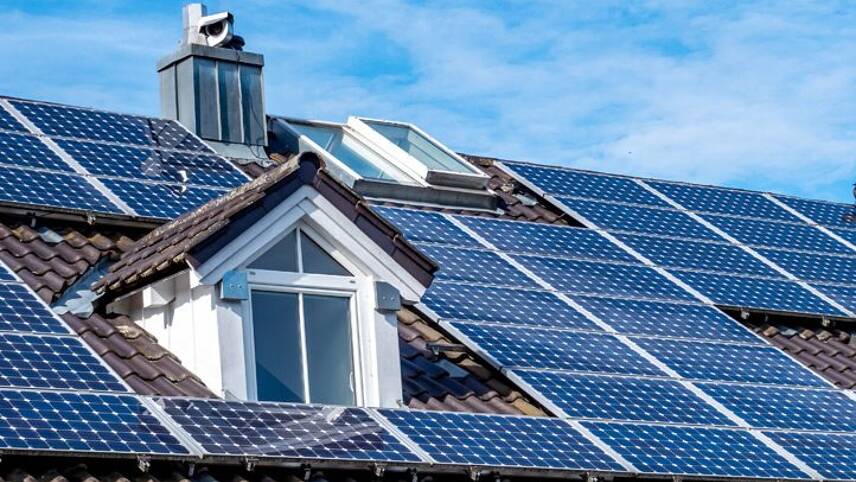Register for free and continue reading
Join our growing army of changemakers and get unlimited access to our premium content

Using 33% of revenues for energy efficiency can ensure fuel-poor households are not adversely affected by carbon taxation
The ‘Distributional impacts of a carbon tax in the UK’ report examines the impact on different earning households of increasing the carbon tax to a level that is consistent with the target of cutting emissions to net-zero by 2050.
It says that increasing the tax to £50 per tonne of carbon dioxide this year, rising to £75 by 2030, would generate £57bn worth of revenues over the next decade. The carbon price is currently fixed at £18 per tonne.
The report recommends that around one-third of this revenue (£18.8bn) could be used to compensate fuel-poor households by upgrading their property’s energy efficiency, therefore ensuring they would not be out of pocket as a result of the higher tax.
In addition, compensating poorer households to cover increases in energy bills arising from the carbon tax would avoid any transitionary periods before energy efficiency improvements are implemented, it says.
The report, which was carried out by consultancy Vivid Economics and the LSE’s Grantham Research Institute on Climate Change and the Environment, says: “Using 33% of revenues for energy efficiency can ensure fuel-poor households are not adversely affected by carbon taxation.”
It says that without these kind of mitigation measures a carbon tax, which hikes the cost of fuel, would be “regressive” and hit low-income households disproportionately.
A further £8.2bn could be used to help finance energy efficiency measures for the remaining households, which are not fuel poor.
Combined with zero-carbon heating, these energy efficiency measures would cut residential emissions from gas and electricity by 9 and 43% respectively between 2020 and 2030.
Non-fuel poor households would however have to pay an additional £216 per year on average as a result of the higher carbon tax.
The remaining £29.9bn of extra carbon price revenue could be redistributed to help industry that faces competition issues due to higher fuel costs resulting from the carbon tax hike, fund research into new low-carbon technologies or further reduce energy bills for non-fuel-poor homes.
The report says replacing the current “inefficient and uneven” economic framework for decarbonisation in the UK with a broader-based carbon tax is “desirable”.
Josh Burke, a co-author of the report and a policy fellow at the Grantham Institute, said that carbon pricing is “essential” for effective climate action and is a “powerful” fiscal and environmental tool for encouraging abatement of emissions.
He said: “It must be designed in a way that guarantees judicious use of carbon tax revenues that leave fuel-poor households no worse off, because it is less well-off people and communities that are most vulnerable to the societal and economic impacts of climate change.
“Our modelling for different UK households shows the effect of a carbon tax to be minimal after financial compensation is received, and this is something policymakers and consumers should consider.”
David Blackman
This article first appeared on Utility Week.
Utility Week is our subscription-only sister service, offering utility leaders and their teams access to unrivalled news, insight and impact analysis on key areas including regulation, strategy and technology. To find out more about membership options please contact JoNikiforov@fav-house.com .


Please login or Register to leave a comment.